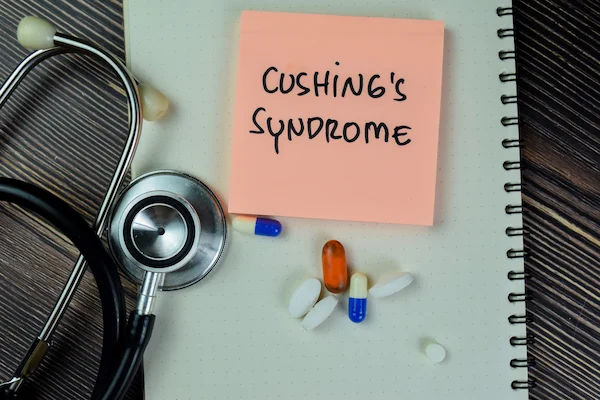- male
- 50 Years
- 29/01/2025
I've been on Glimiprex MF 1500 for a while now, but over the past three days, my blood sugar levels have been normal, even without taking the medication. I'm not using any other medicine to control my sugar. Can you help me understand what's possibly going on?
More Endocrinology Health Queries
View allI'm dealing with thyroid hypothyroidism and I've been feeling really low in energy, plus there's this constant sense of dullness. I've heard about Shilajit tablets and was wondering if taking them at night might help with these symptoms. Is it safe to do this, and could it really help improve my energy levels and reduce weakness?
-Yes, thyroid (hypo) patients can generally consume shilajit tablets at night to help with energy and weakness, but it's important to consult a doctor first. Shilajit may interact with thyroid medications, so a healthcare professional can guide you on saf
Answered by 1 Apollo Doctors
Hey, I just got my THS test results and it shows my thyroid level is at 0.06. Is that normal? I'm kind of worried because I'm pregnant and wondering if this level can affect my pregnancy. Also, any advice on how I might be able to improve it if it's not in the normal range? Would really appreciate some guidance here!
-A TSH level of 0.06 is lower than normal, indicating possible hyperthyroidism (an overactive thyroid). This condition can affect pregnancy and needs to be managed carefully to avoid complications. Please consult an endocrinologist for detailed evaluation
Answered by 1 Apollo Doctors
I'm looking to start male to female hormone replacement therapy but not surgery right now pills or injections would be my preference. I feel stuck in this male body and really need help transitioning. Can you recommend a good endocrinologist or clinic in Kochi, Kerala that specializes in this? I'm not sure where to begin and could use some guidance on the process.
Consult a plastic surgeon
Answered by 1 Apollo Doctors
Disclaimer: Answers on Apollo 247 are not intended to replace your doctor advice. Always seek help of a professional doctor in case of an medical emergency or ailment.




